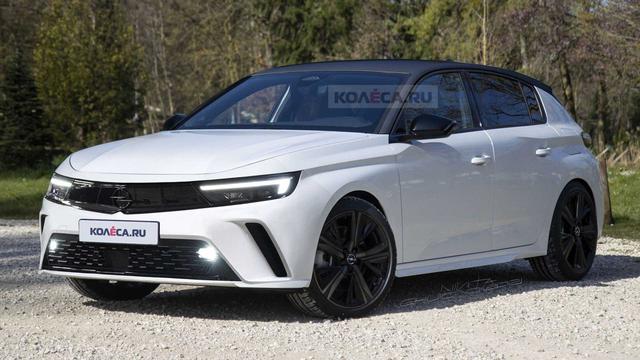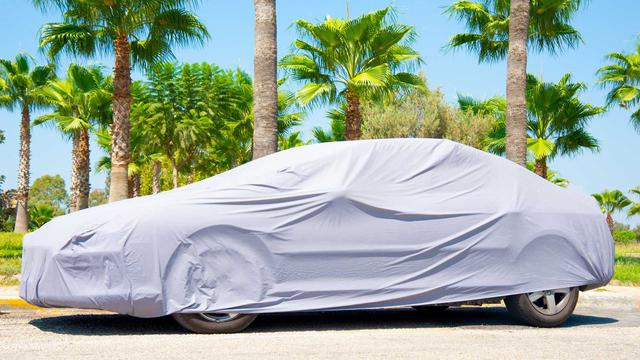Verdict
Existing Vauxhall Astra owners should find plenty to like here, with a decent petrol engine, plenty of standard equipment and sharper dynamics than the previous generation. We’re a little less convinced that the Mk8 model really has enough star qualities to stand out in a crowded, under-pressure market that’s still full of talented rivals. The devil will be in the detail of how Vauxhall’s finance deals stack up against those of its competitors.

Vauxhall isn’t shying away from electrification with the all-new Astra. The eighth generation of the British brand’s Ford Focus and Volkswagen Golf rival is being launched with a plug-in hybrid powertrain, a second one will follow later this year and a fully electric version is already lined up for 2023. But while the PHEV may be grabbing the headlines, the bulk of the car’s early sales will continue to come from combustion-engined variants. After our first experience with the plug-in Astra, now it’s time to see how the pure-petrol version fares.
This is, of course, the first Astra to be developed fully under Stellantis ownership, and that means that quite a few of the oily bits should be familiar to anyone who’s driven a Peugeot recently. The range starts with a 1.2-litre three-cylinder turbocharged petrol (PureTech in Peugeot parlance, although Vauxhall doesn’t use that name), producing 108bhp and 205Nm, paired with a six-speed manual gearbox.
But it’s the more potent version of the same engine that we’re trying here; it offers 128bhp and 230Nm, and comes with the choice of a six-speed manual or an eight-speed automatic transmission. Under it all, of course, is Stellantis’s EMP2 platform, so the suspension configuration is MacPherson struts up front and a torsion beam at the rear. It’s the latest V3 incarnation of the architecture, though; that’s what makes the Astra EV feasible.




